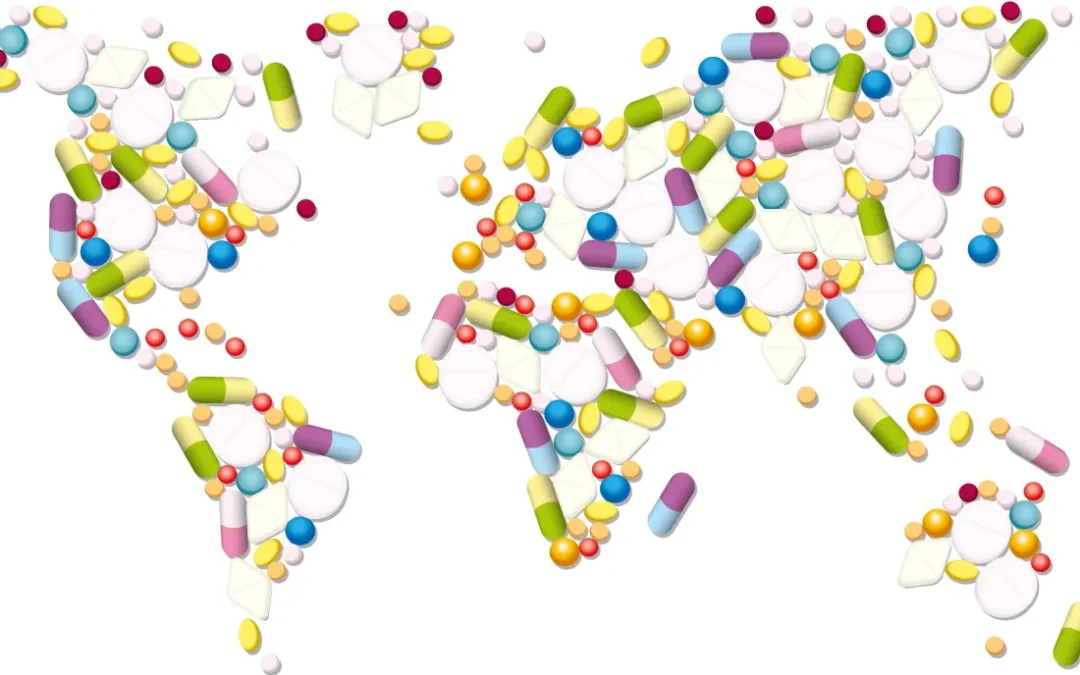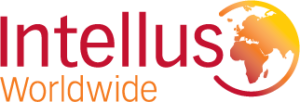By: Allison McDougall
Across the pharmaceutical industry, effective communication with patients is critical for successful drug development, regulatory approval, and commercialization. This is particularly true for multinational pharmaceutical companies, where patients speak different languages and reside in countries across the world. In such scenarios, a translation managed service provider (MSP) model, or marketplace, can help pharmaceutical companies reach patients faster.
An MSP model involves outsourcing the entire translation function to a third-party provider that acts as the management entity for multiple translation companies within the overall framework model. Here are five ways in which an MSP model can help pharmaceutical companies reach patients faster.
#1 Streamlined Communication
Pharmaceutical companies that employ an MSP model can improve their communication across multiple translation companies by filtering their day-to-day communications through the managed services partner. Translation is a very subjective and detail-oriented function, where it is easy for specifics and last-minute instructions to get lost or misinterpreted across multiple translation suppliers. Streamlining communication through a dedicated translation management partner who can then distribute and share information in a timely, consistent way across multiple translation suppliers in the model will save time, increase the accuracy of the information, and ensure that all suppliers receive the same information.
#2 Increased Patient Enrollment in Clinical Trials
Global clinical trial enrollment can be challenging, particularly when patients are unfamiliar with the drug development process or uncomfortable with the language used in patient consent forms. In fact, according to a report from Clinical Leader, over two-thirds of clinical sites fail to meet original patient enrollment. Additionally, global studies vary greatly according to specific therapies. For example, the language and context used to recruit patients who suffer from a rare disease are vastly different from the language used to engage a patient with asthma. By using an MSP model to direct translation to specific suppliers based on therapeutic areas, pharmaceutical companies can improve patient enrollment and increase the chances of successful clinical trial completion.
#3 Better Compliance with Regulatory Requirements
Pharmaceutical companies are subject to strict regulatory requirements, particularly when it comes to drug labeling and packaging. In many cases, these requirements include translating drug information into local languages. An MSP model can help pharmaceutical companies comply with regulatory requirements by standardizing translation quality and linguistic key performance indicators (KPIs) across multiple translation suppliers to ensure improved compliance and approvals. Additionally, the MSP translation model can provide a centralized process for managing the translation of regulatory documents, making it easier to track and report the progress of the translations and ensure that all translations are completed on time and within budget.
#4 Increased Market Penetration
According to a study by the Common Sense Advisory, 72.1% of consumers spend most or all of their time on websites in their own language, and 56.2% of consumers said that the ability to obtain information in their own language is more important than price. Beyond user interest and buy-in, new market launches require huge volumes of regulated and non-regulated content, from drug information and ways to report adverse events to multi-cultural omnichannel advertising and digital content for consumers, healthcare providers, and payers. Given the complexity, the requirements and necessary approvals are often beyond the capabilities of a single translation supplier. A translation marketplace model can ensure that all of the in-language content to support a new market launch is strategically planned, executed, and tracked across multiple translation suppliers.
#5 Enhanced Brand Reputation
Effective communication with patients, their families, healthcare providers, and payers is critical for building trust and a positive brand reputation. Using a translation MSP model to ensure accurate and consistent translations can help pharmaceutical companies establish credibility, demonstrate their commitment to patient-centered care, and improve their brand reputation.
Conclusion
In conclusion, a translation services provider model can help pharmaceutical companies reach patients faster by streamlining communication, increasing patient enrollment in global clinical trials, ensuring compliance with regulatory requirements, increasing market penetration, and enhancing brand reputation. By creating a reputable MSP framework with multiple translation suppliers that specialize in life sciences translation services, pharmaceutical companies can achieve better patient outcomes and accelerate drug development timelines.
Managed service provider models are still novel in the translation industry but gaining momentum! Would you like to learn more or discuss this in more detail? Let’s schedule some time to chat!



